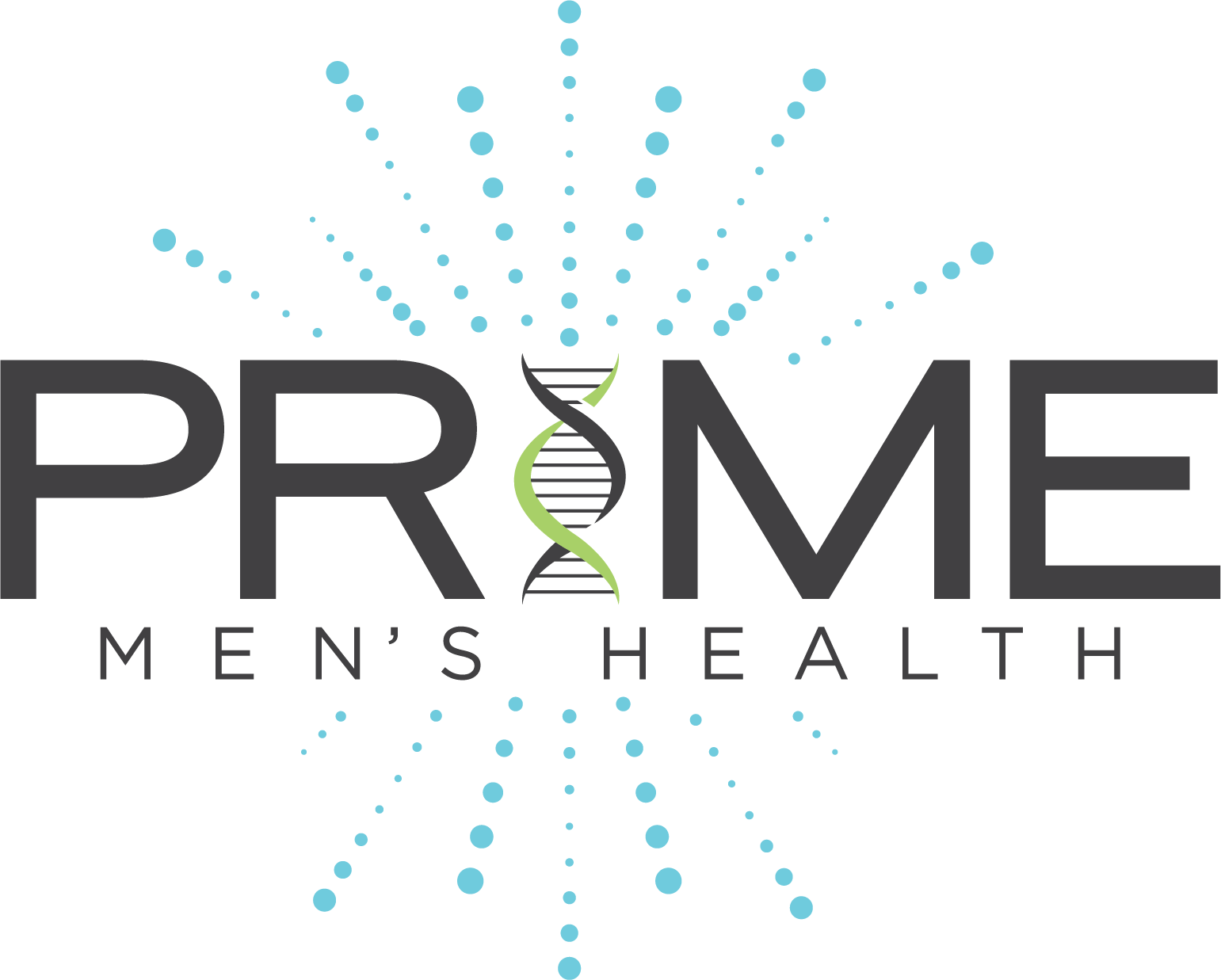Q: Where are you located?
A: Prime Men’s Health corporate office is located on 515 West Lake Street in Minneapolis. However, Virtual visits are available in most states. Our Services are available 100% online in the convenience and privacy of your own home.
Q: What is preventive medicine?
A: Preventive medicine is a medical specialty designed to help promote health and well-being and prevent disease, disability and death.
Q: What is Testosterone Replacement Therapy?
A: Testosterone Replacement Therapy, commonly abbreviated as TRT, is a proven medical treatment for men who suffer from low testosterone due to natural causes like aging, or from other medical conditions. This effective therapy can be given by topical creams or gels, short-acting injections, or long-acting medications that are placed just below the skin (usually concealed places like the upper buttock area).
Q: How long does it take for Testosterone Therapy to work?
A: As with any treatment, this can vary by individual variations in our bodies. However, most men notice changes in erections, energy, sex drive, and better mood within 2-3 weeks of reaching optimal therapeutic levels. Other benefits, such as reduced joint pain, increased muscle strength or mass, and long-term overall improved feelings of health are normally seen within 6-8 weeks after optimal therapy is achieved.
Q: What will happen if I stop testosterone replacement therapy?
A: While nothing adverse will happen if you cease therapy, you will be returning your testosterone levels to where they were before beginning treatment. Or they could drop even lower. This means your symptoms will return. However, if you do cease treatment, you can always resume it later to restore your levels back to where you’re feeling great.
Q: Does testosterone cause prostate cancer?
A: No, testosterone does not cause prostate cancer. However, pre-existing cancer could be exacerbated by testosterone replacement therapy, causing it to grow and worsen. That’s why we conduct a baseline PSA (prostate-specific antigen) test prior to treatment to evaluate your risk. We repeat this test every 6 months—and ask a series of urinary questions—to monitor for changes.
Q: Will TRT help me lose weight?
A: Ideally, yes. Increased testosterone levels will help to build muscle mass if you are putting in the work. Building muscle will help you burn fat. Keep in mind, though, that muscle weighs more than fat. This is why we like to complete a body composition analysis to see if you are gaining muscle mass or fat.
Q: Will I get “man boobs”?
A: The purpose of coming into Prime Men’s Health for injections is so we can closely monitor the
benefits and side effects of treatment, such as gynecomastia (“man boobs”). We monitor labs and side effects closely to ensure that we can lessen the effects or prevent them, and as a result, it is
extremely rare for men in our care to get gynecomastia.
Q: Do the shots hurt?
A: It always depends on the patient. The shots are intramuscular and, for most patients, are not painful.
Q: How often will I need lab work?
A: It depends on age, weight, hormonal status at the time of the initial testing, and per your doctor’s evaluation. Once we find your optimal levels, you can expect lab work to happen every three months.
Q: When do I see the doctor?
A: Follow-up labs and physicals are initially performed by the doctor. Then you will have follow-up appointments at a minimum of once or twice per year. More visits may be necessary depending on your case.
Q: Do I stop my regular medication?
A: Absolutely not. Speak with your primary care physician before beginning the testosterone therapy since some medications may require adjustments. We are not primary care doctors so we recommend you inform your own doctor about your specific therapy.
Q: What lab tests do you run?
A: We run standard lab tests along with specific tests to assess the levels of testosterone, free testosterone, and estrogen in the body.
Q: How quickly will I see results?
A: We wish we could guarantee a timeline for your treatment results. However, everyone is different. Most of our patients recognize a change within the first three to five weeks after therapy. On top of the therapy, understanding that this is a tool to help you achieve your overall goals, work on your part will be required i.e. if your goal is weight loss then exercising and dieting will be key to optimize your treatment.
Q: Why use this therapy now?
A: Medical science is starting to recognize that men also have hormone issues as they age. It is not uncommon for physicians to prescribe estrogen for women who have been diagnosed as estrogen deficient. Now physicians realize the same pertains to men. If men have low testosterone levels, treating these patients with optimal levels of testosterone is appropriate.
Q: What are complications of testosterone replacement therapy?
A: There are a few complications that will be explained to you at your examination. These side effects are typically only if the dosage is too much, which is why we take extreme caution to ensure you will not be receiving more than needed to achieve the optimal clinical outcome.
Q: Is it true that testosterone will cause my testicles to shrink?
A: This typically happens when patients are not prescribed HCG. Our treatment uses medications to optimize your natural production and decrease the likelihood of any testicular shrinkage. If for any reason our patients experience this during treatment, they should call our office to discuss their options.
Q: What ages of men do you treat?
A: We generally treat men 30 years of age or older who have specific health concerns and objective low lab values. We require our patients to have a primary care doctor who will assess their overall health.
